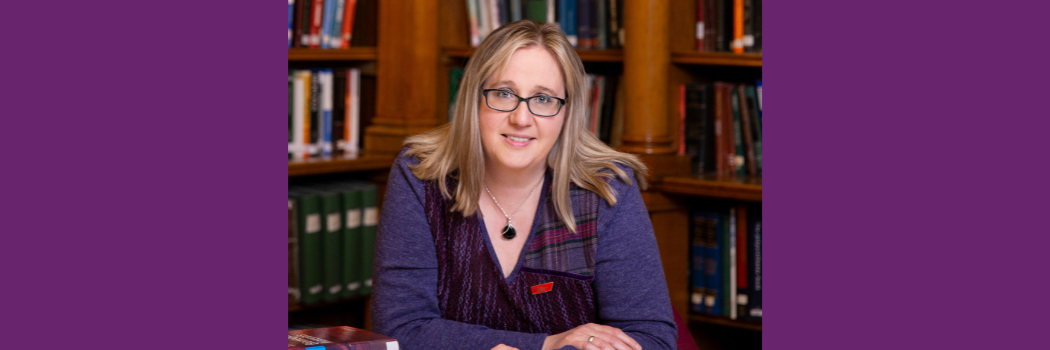Leading the Future of Healthcare project - School appoints Dr Helen Meese to Entrepreneur in Residence

The School has appointed Dr Helen Meese, an award-winning mechanical engineer with extensive experience in medical technology and healthcare innovation to join us in the new position of Royal Society Entrepreneur in Residence (EiR).
Entrepreneur in Residence
Dr Meese’s appointment has been made through The Royal Society (EiR) scheme, part of its Science, Industry and Translation programme, which aims to increase the knowledge and awareness in UK universities of cutting-edge industrial science, research and innovation.
The scheme provides opportunities for enthusiastic, highly experienced industrial scientists and entrepreneurs to spend one day a week at a university developing a bespoke project to expose university staff and students to state-of-the-art industrial research and development, and the scientific challenges faced by industry, provide support and expert advice and understanding of business and entrepreneurship among staff and students.
Helen’s career spans both industry and academia including roles as Head of Engineering in Society and Head of Healthcare at the Institution of Mechanical Engineers. Helen also runs her own successful engineering consultancy, The Care Machine and has been instrumental in the creation of several public policy pieces including her most recent which focuses on sustainability within the NHS.
Commenting on the appointment, Dr Joanna Berry, Associate Dean for Engagement at Durham University Business School said;
“Dr Meese’s expertise across the medical engineering sector and experience as a successful entrepreneur will help ensure that the work done through the Royal Society Entrepreneur in Residence scheme can become a significant force for public good.”
Commenting on her appointment, Dr Meese said;
“I am thrilled to have been awarded the EiR fund and to be taking up this post at Durham University Business School. It is a wonderful opportunity to bring the fields of engineering and business together to develop novel solutions to challenges facing society. I look forward to working with both staff and students in the coming years.”
Accessible healthcare technology
The project will provide insight into the need for effective and thoughtful inclusive design and ‘design for planet’ approaches to ensure healthcare technology can become accessible to all, creating positive engagement opportunities between students, the wider university, and local and national enterprises.
It is proposed that the project will embed four key themes;
- Sustainability & Resilience of Technology – bringing awareness of how people impact health and healthcare across the globe and the subsequent impact upon business models and supply chains
- The need for frugal design – ensuring that designs are accessible, inclusive and equitable for all
- Thinking beyond engineering – using systems approaches to work with those outside of the STEM community to ensure greater communication of ideas
- Creating entrepreneurial mindsets – giving everyone a voice to bring ideas to life
Dr Meese will also work from the Business School in partnership with Durham University’s globally renowned Durham Energy Institute via the School’s new programme, MSc in Energy Engineering Management, and other colleagues from the wider Durham University in disciplines such as sustainability, renewables, supply chain, business model innovation, design thinking, Equality Diversity and Inclusion (EDI), women in STEM and entrepreneurship.
As part of her role, Dr Meese will be spearheading the Business School’s Engineering the Future of Healthcare project, focusing on building and broadening the knowledge and skills of students and staff across Durham University to better understand and tackle the global challenges of sustainable healthcare and innovative technology.
More information
- Find out more here about the business programmes available to study with the School
- See our partnership links that enhance our teaching and research
- Find out more about our research


/prod01/prodbucket01/media/durham-university/external-location-photography-/city-shots-/82922-1920X290.jpg)